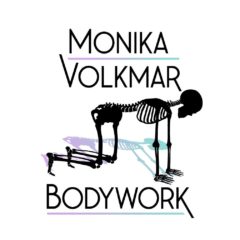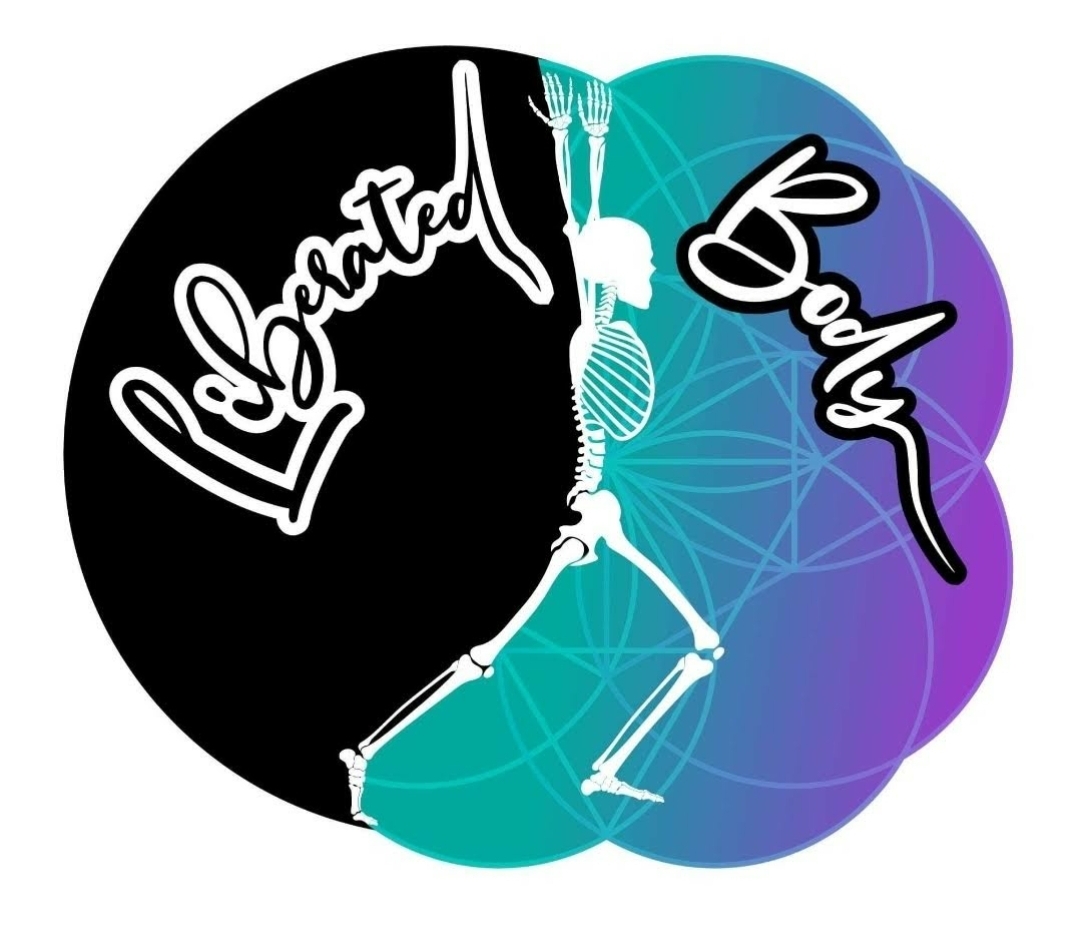I’ve been reflecting on what role movement plays in my life, and what goals I have for it.
Not just, “what goals do I have for my body?”, but “how do the goals I have for my body help me live a life of mastery, seeking truth, and sharing my gifts to others?”
What am I hoping to get out of each time I deliberately carve out the time to participate in the physical area of my life, through movement and exercise?
In movement, as in every area of my life, the concept of MASTERY predominates. So, what does it mean to put in work in the area of physical mastery?
Let’s first talk about what mastery is not.
Whenever we use exercise or movement to uphold an image of ourselves that is tied to our sense of identity, this cannot be mastery. If I am to use myself as an example, I often use exercise to control my body size, or to feel productive while I procrastinate doing something else. This is not mastery. It’s feeding my ego.
But mastery implies not just doing what is easy and doing the thing we know we should do, but don’t want to, because it doesn’t come naturally. Or we find it boring, or because through it we have to face something painful we’d rather not admit to (like that I care far too much about how my body looks and not nearly enough about what it can do).
So, what’s the easy thing you’re doing? And what’s the hard thing you’re avoiding?
If I’m being honest, the easy thing for me to do is make time for movement everyday (for some people that’s the hardest thing!). The hard thing for me to do is to engage with movement from a place in which I’m not using it to punish myself for eating too much, or to avoid doing something (like my taxes), or out of a need I feel to look a certain way (thinner, always thinner, and more toned). If I fess up to these motives, I actually find I have no desire at all to exercise. Like, what’s the fucking point anymore??
And this realization fucking sucks. It hurts like hell to confront because if I admit to it, then I have to question everything I think I believe about why I’m exercising in the first place. I have face how my movement practice is me lying to myself.
And then I have to ask, am I ok with not being in my personal integrity when I exercise? My answer is, no.
But therein lies my practice of physical mastery.
My personal embodiment of physical mastery demands that I suspend everything superficial and exterior I use exercise for, and then, despite my disinterest, do it anyway. I commit to myself that I will try to feel what its like to move from this disciplined place with real awareness of intent, and not from my default appearance-driven compulsion, or fear of getting fat.
What seems to happen is that physical mastery first exists in the mind, and then manifests in the way it shapes the body. Just as laziness first exists in the mind, and has equal potential to shape the body.
So… What does your embodiment of physical mastery look like?
Here’s what physical mastery, in a movement practice, means to me:
Physical mastery means moving with complete awareness. Being clear on our motives. Moving with attention and intention. Attention of intention. Mastery is feeling empowered from within, not trying to exert power over your body, like it is a battle to win, or a problem to fix.
Mastery is pure enjoyment of your physical being. The joy just to have a body. Not because it is already perfect, free from pain, or performing to efficiency, but in spite of it’s imperfections you find reason to delight in it. You find reason to celebrate taking ownership of its needs instead of shirking them.
It’s the knowing that your movement practice is an embodiment of delayed gratification. The knowing that the reward of your work today will come with a delay. Stay cool.
Mastery means seeing your reality, seeing the facts about your body, and deciding to act on what needs to be done, instead of ignoring problems and exercising just to numb out.
Mastery is understanding how cause and effect is at play: How everything you’ve done up until right now is reflected in the way your body looks, functions, and feels. No longer being blind to how past injuries- ones ignored, overlooked, and untreated- are affecting us still, today. And then instead of getting depressed or feeling helpless, seeing this fact simply as untapped potential.
Mastery is not pushing through pain, but bowing to it. Respecting the body’s occasional (or frequent…) demand for rest is an act of respect and strength, it does not show weakness. From this place of self-respect you do what needs to be done, even if that means doing much less, or much more, or just something completely different than you’re used to.
Mastery is not giving up on yourself. Not ever believing that your body is in a fixed state. It doesn’t mean you can stop working on your body, but that you recognize that the work is never done, yet you take delight in working anyway (a client once asked, “how long will I need to do these exercises for until I can stop and just get back to my regular life?”, to which I reply, “how long do you intend to live?”, and do you really want that “regular” life back?)
Mastery is choosing not to be lazy. Doing the hard thing, which sometimes means just showing up, and sometimes means auditing your motives, and sometimes means taking a rest day.
Mastery is birthed in the awareness that when you are doing what is right for your body, it is right for your mind, your spirit, for every other area of your life, and for everyone else in your life as well. It makes your movement practice an act of selflessness (so you can drop the guilt or feelings of selfishness at taking time for yourself).
Mastery transcends attainment of any goal: Getting out of pain or performing better at a sport, improving your posture, losing weight, or getting stronger. Mastery is at play when you achieve these results simply as a byproduct of your intention to do something for you because you care about you, not what anyone else thinks of you or what you think you should do.
Mastery is when your goals are your own, not hijacked by society, your parents, or your friend group. Mastery in your movement practice is when your goals, motives, and values are aligned. Embodied.
For me, physical mastery comes alive when I recognize that I only have this one body to live my life through, and the degree to which I can enjoy my life, share my gifts, and be present, is proportionate to how well I nurture it. Sometimes this means doing higher intensity training to boost my energy and resilience, and sometimes it means lying on the floor for an hour because I’m spent. Honouring this daily flux is one of the hardest things because it demands that I listen.
And mastery is the ongoing inquiry: What more can my body be for me? What is getting in the way? What am I blind to? How can I move with more enjoyment? How can I cultivate health and purpose through my movement practice? What I’m doing now… Would I be able to keep this up forever?
So take a moment before your next training session, yoga class, or jog, and reflect:
How are you embodying physical mastery, right now, in your movement practice?
What is the driving motive for exercise? Is it to attain an external goal, or is it an inner transformation?
Just today’s humble thoughts from your self-appointed body mechanics detective and physical mastery guide…

